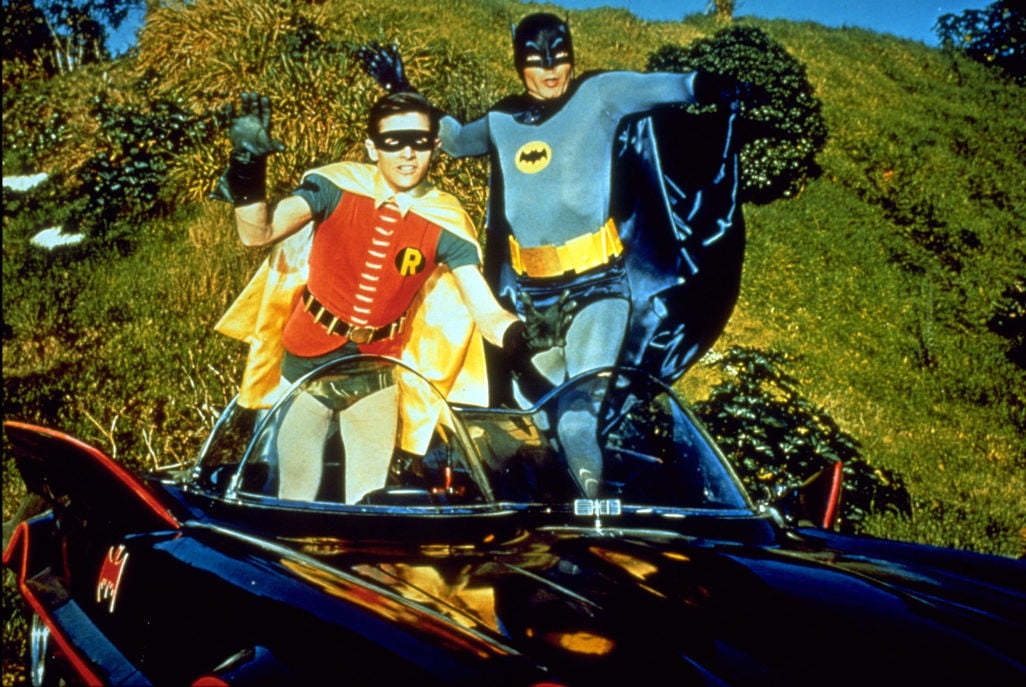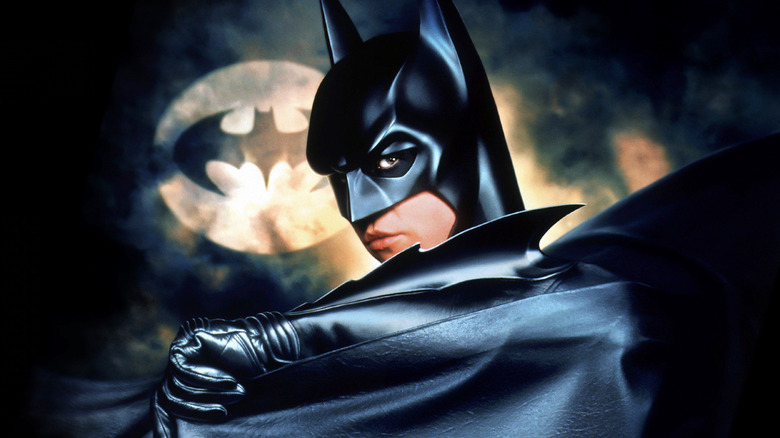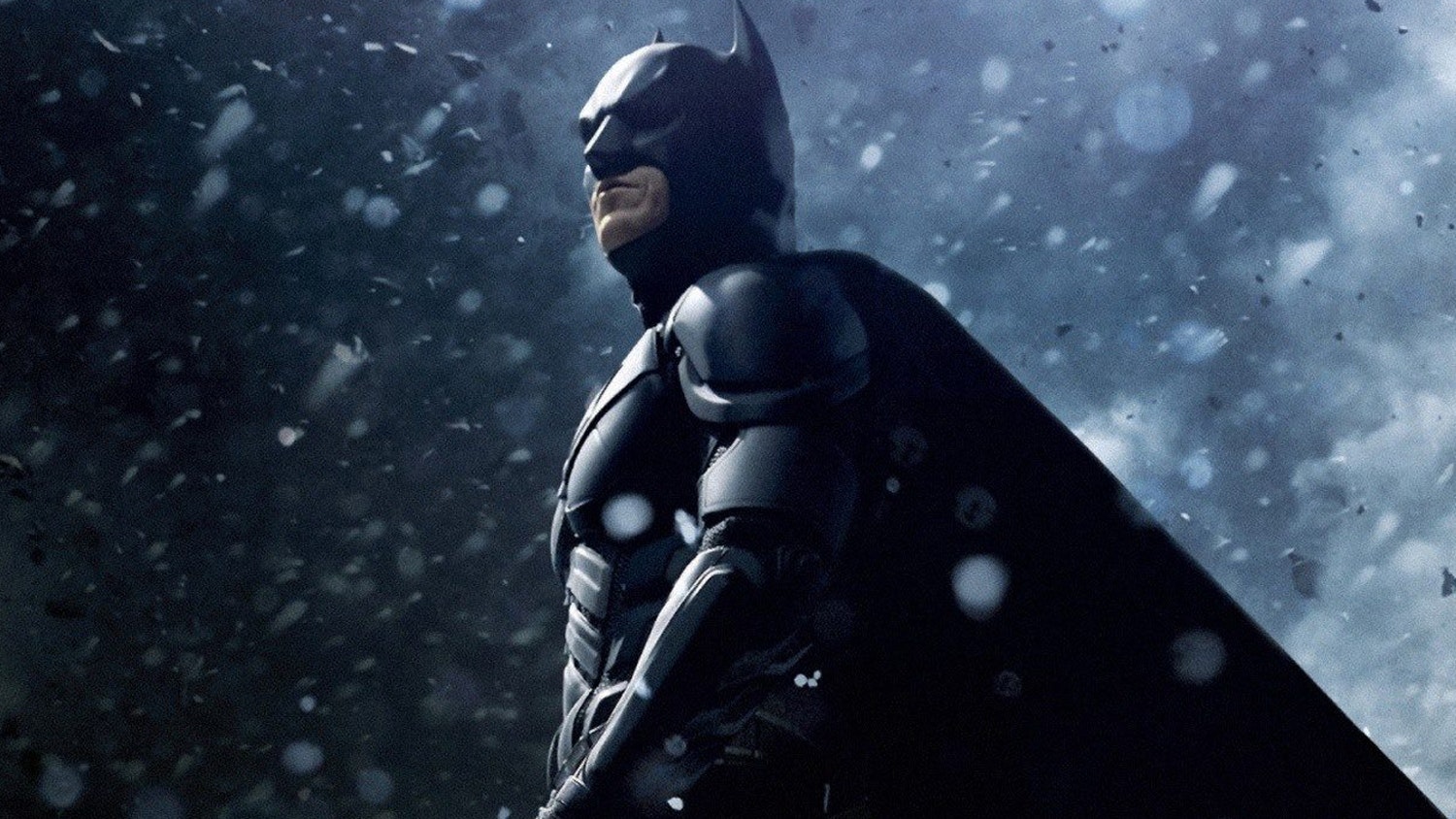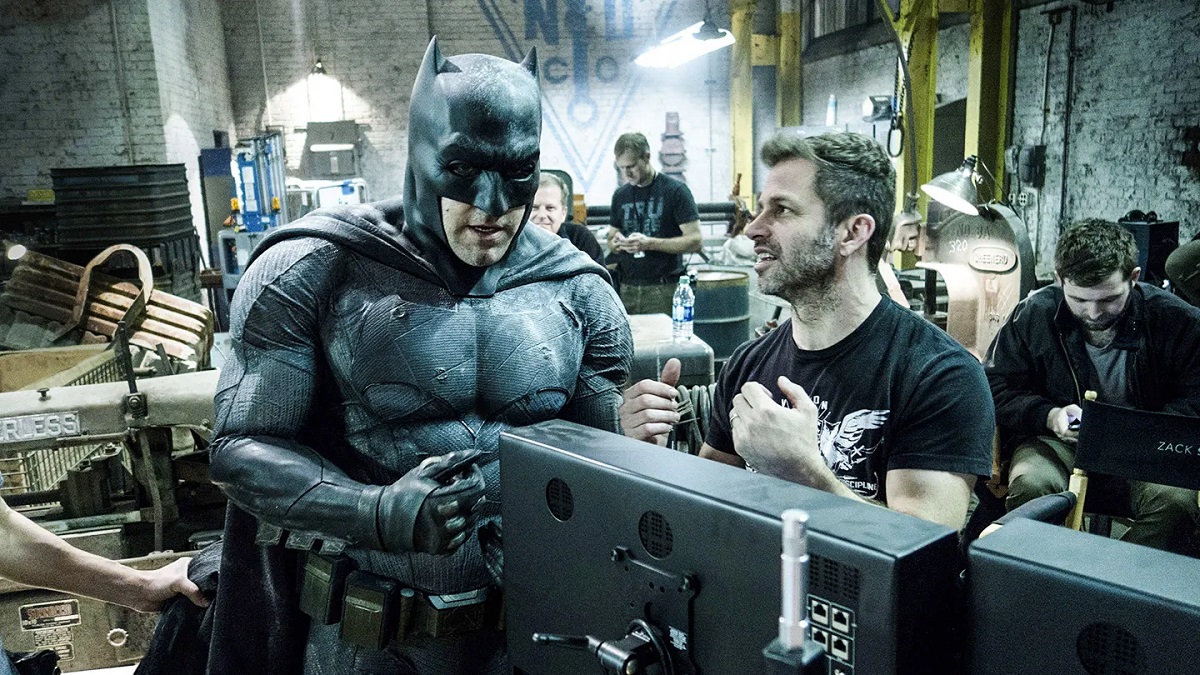Exciting New Releases: ZD Toys Collection
Exciting New Releases: ZD Toys Collection

Batman's Cinematic Evolution: From Dark Knight to Multiverse Hero
September 14, 2023 4 min read
Introduction
Since his debut in Detective Comics #27 in 1939, Batman has become an iconic figure in popular culture. The Caped Crusader has seen numerous iterations in comic books, television shows, and, most notably, in the world of cinema. From the campy Adam West version of the 1960s to Christopher Nolan's gritty Dark Knight trilogy and the recent foray into the multiverse with Robert Pattinson's portrayal, Batman's cinematic journey has been a captivating one. In this article, we will explore Batman's appearances in the movies, from his earliest days to the exciting developments in recent years.

The Adam West Era (1960s)
Batman's cinematic journey began in the swinging '60s with the release of "Batman: The Movie" in 1966, featuring Adam West as Batman and Burt Ward as Robin. This film was a campy, light-hearted take on the Dark Knight, complete with colorful villains and comically exaggerated action sequences. It was a reflection of the pop art era, embracing the absurdity and charm of the time. Although it's a departure from the brooding Batman we know today, this version of the character holds a special place in the hearts of many fans, serving as a testament to the character's adaptability.

The Tim Burton Era (1989-1992)
In 1989, director Tim Burton brought Batman back to the big screen with "Batman" starring Michael Keaton as Batman/Bruce Wayne and Jack Nicholson as the Joker. This version of Batman was darker and more brooding than the '60s iteration, emphasizing the character's vigilante nature. Burton's gothic, atmospheric Gotham City set a new standard for superhero films, and Keaton's portrayal of Batman was praised for its depth and complexity.
Burton followed up with "Batman Returns" in 1992, which delved even deeper into the psychological complexities of Batman's character and introduced iconic villains like Catwoman and the Penguin. These films paved the way for a more mature and sophisticated approach to superhero storytelling on the big screen.
Checkout the Michael Keaton's Batman collection: Click here!

The Joel Schumacher Era (1995-1997)
The late '90s saw a shift in tone with Joel Schumacher taking over the Batman franchise. While "Batman Forever" (1995) and "Batman & Robin" (1997) were commercial successes, they were criticized for their campiness and reliance on neon colors and over-the-top villains. Val Kilmer and George Clooney portrayed Batman during this era, with Clooney famously remarking that he had killed the franchise. These films marked a low point in Batman's cinematic history but also highlighted the need to strike a balance between darkness and levity.
Take a look at the Batman Forever collection: Click here!

The Christopher Nolan Era (2005-2012)
In 2005, director Christopher Nolan reinvigorated the Batman franchise with "Batman Begins," starring Christian Bale as Batman. This reboot focused on Batman's origin story, delving into the psychological and moral complexities that drive Bruce Wayne to become the Dark Knight. Nolan's trilogy, which also includes "The Dark Knight" (2008) and "The Dark Knight Rises" (2012), is widely regarded as a masterpiece of superhero storytelling.
Led by Heath Ledger's iconic portrayal of the Joker, "The Dark Knight" stands out as a high point in the superhero genre, earning critical acclaim and numerous awards. Nolan's films explored themes of justice, sacrifice, and the consequences of vigilantism, elevating Batman's cinematic legacy to new heights.
Don't forget to check out our incredible Dark Knight collection: Click here!

The Zack Snyder Era and the Multiverse (2021 and Beyond)
Batman's cinematic journey took an unexpected turn with the release of "Batman v Superman: Dawn of Justice" (2016) and "Justice League" (2021), directed by Zack Snyder. Ben Affleck portrayed an older, battle-hardened Batman in a world inhabited by superheroes. These films introduced Batman to the concept of the multiverse, showcasing his ability to adapt to different timelines and realities.
Be sure to explore our extraordinary assortment of Snyderverse action figures – it's a must-see! : ClickHere!
Looking ahead, Batman's cinematic future appears promising. Robert Pattinson's portrayal in "The Batman" (2022) offers a fresh take on the character, exploring his early days as a detective in a noir-inspired Gotham City. Additionally, the multiverse concept is set to expand further with Michael Keaton returning as Batman in the upcoming "The Flash" (2023), signaling the convergence of multiple Batman timelines.
Conclusion
Batman's cinematic journey has seen remarkable evolution over the decades, reflecting changes in filmmaking and cultural shifts. From the campy '60s to the dark and complex Nolan trilogy, and now into the vast multiverse, Batman's enduring appeal lies in his ability to adapt and remain relevant to each generation. As we look forward to new cinematic adventures for the Dark Knight, one thing remains certain: Batman will continue to captivate audiences and stand as a symbol of justice, no matter the era or reality in which he exists.
Make sure you checkout our complete range of Batman collectables by clicking on this link: Click here!
Subscribe
Sign up to get the latest on sales, new releases and more …
